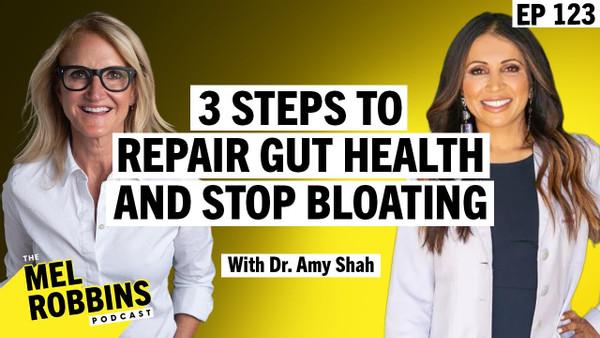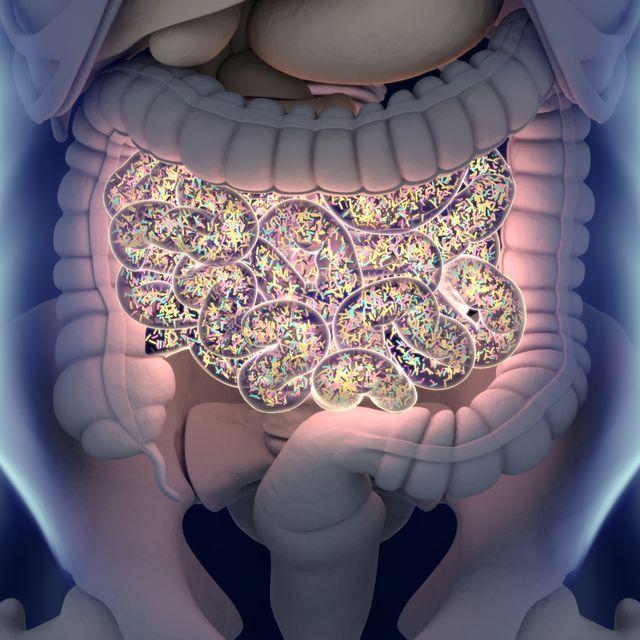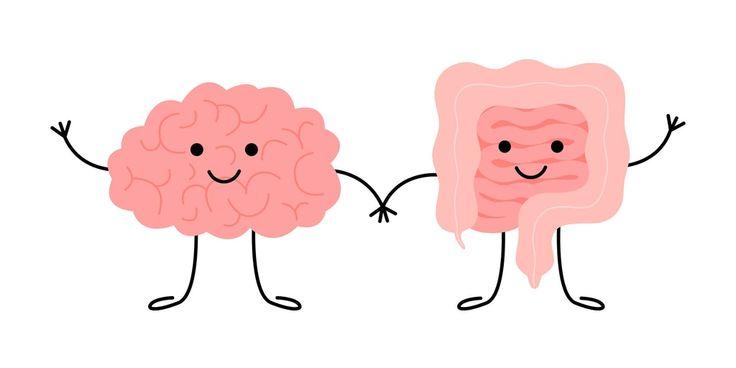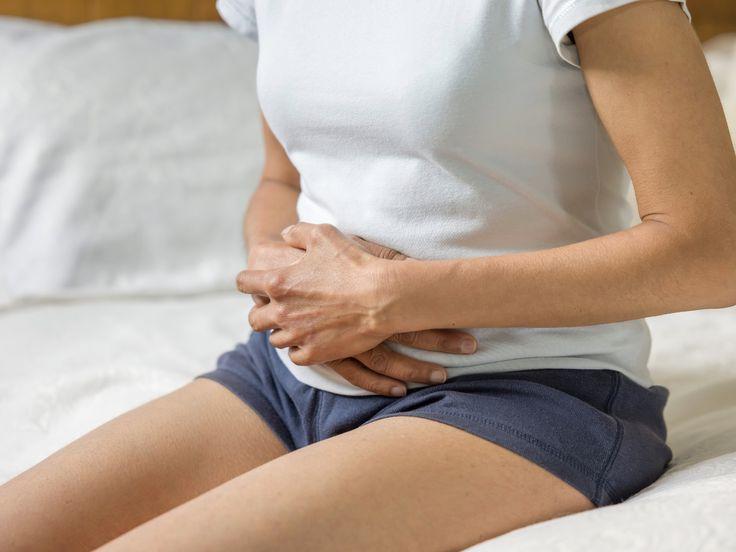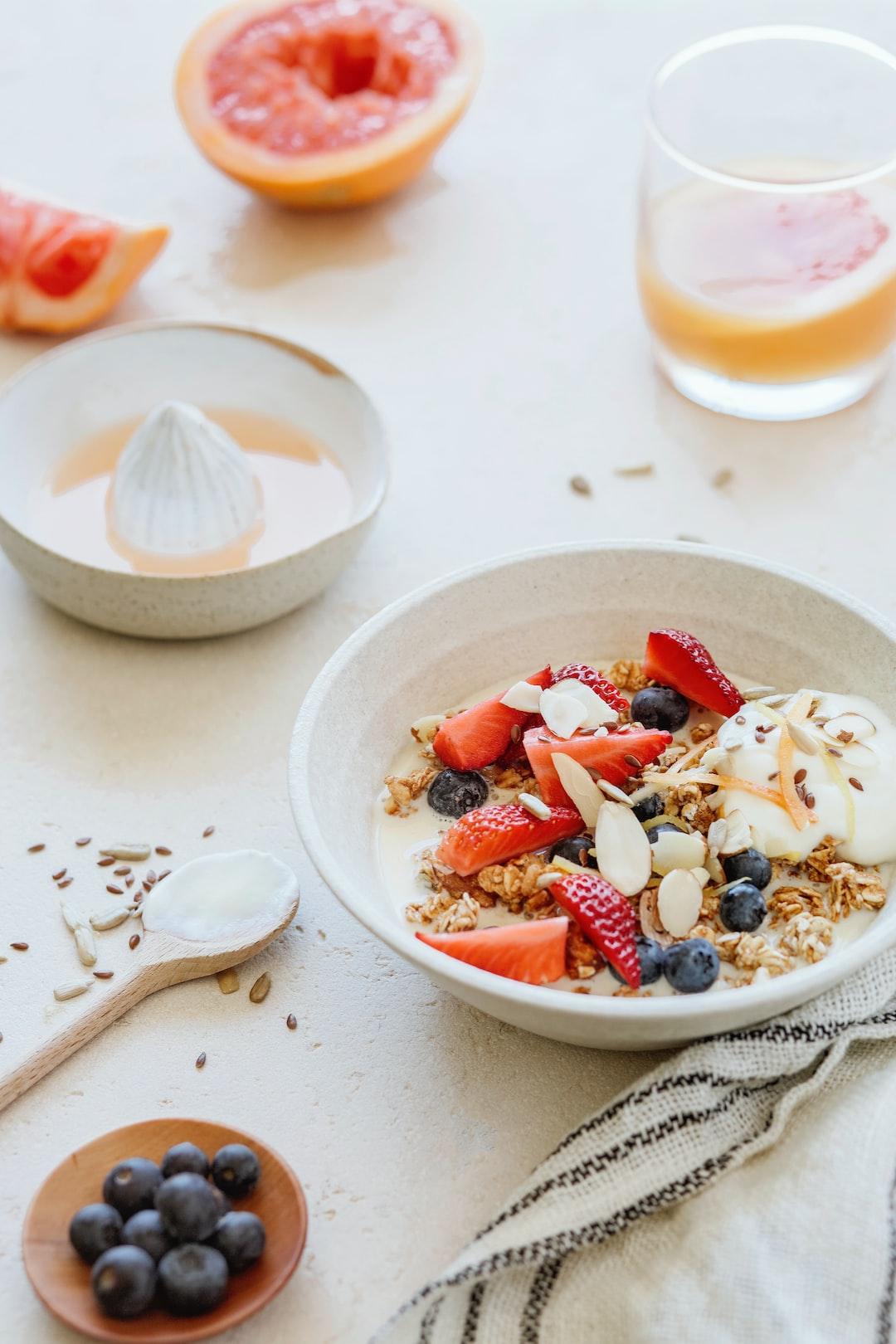The Science of Your Gut: 3 Easy Steps to Reduce Bloating, Improve Digestion, and Feel Better Today
Curated from: Mel Robbins
Ideas, facts & insights covering these topics:
7 ideas
·1.51K reads
15
Explore the World's Best Ideas
Join today and uncover 100+ curated journeys from 50+ topics. Unlock access to our mobile app with extensive features.
Microbiome
There's this whole world that lives inside of you—the microbiome.
The microbiome is the ecosystem of good bacteria (live organisms) in your gut.
The health of your microbiome can have a significant impact on your overall physical and mental health. When your microbiome is imbalanced, you may experience bloating, digestive issues, and a weakened immune system.
Studies have shown that an unhealthy microbiome can lead to mental health issues such as anxiety and depression.
If you are bloated, you're emotionally down; you’re burping, farting a lot, constipating, or you may feel swollen in your body.
22
260 reads
Mind-Gut connection
Your mood and cravings have a huge connection to your gut. There's a clear mind-gut connection.
Usually, when we feel bloated, we feel sad, anxious, or irritable. So, if you're feeling down, fatigued, or having cravings for some things, that could be your gut bacteria talking to you and saying, "I don't feel good." And they are sending signals to your brain that they need to be healed.
Depression, anxiety, and the feeling of tiredness all the time ⇒ are often related to our gut health.
22
212 reads
Foods that may cause bloating
- Gum (we are swallowing a lot of air while chewing it)
- Sparkling beverages
- Eating too fast and not chewing properly.
- Raw broccoli, cauliflower, or cabbage may sometimes cause bloating.
- Ibuprofen, Motrin, and Aspirin⇒ have side effects that cause bloating.
- Gluten and lactose (68% of the world's population can't digest dairy).
- High amounts of sugar and alcohol.
23
239 reads
Our gut bacteria need rest
Just as our brain needs sleep and rest, our gut bacteria also need a break.
So, it's good to give your digestive system some rest and not snack too often between meals.
If you are eating a lot late into the night, you are more likely to get bloated.
Stop eating 2-3 hours before bed. And then go around 12–14 hours without eating (intermittent fasting).
So, it's better to stop eating after 19:00 if I want to go to bed around 22:00.
Eating an early dinner is healthy and helpful for our bodies! It can make us happier and healthier, improve our night's sleep, and make us more energized in the morning.
21
207 reads
The best probiotic is exercise!
Probiotics are a type of good bacteria that helps keep your gut healthy. It can improve digestion and boost your immune system.
Your gut bacteria are very happy when you exercise and get sunlight in the morning; it causes them to produce chemicals (short-chain fatty acids) that calm your inflammation and make you happy.
You should get about 30 minutes of movement every day!
For example, go for a 30-minute walk in the morning.
22
186 reads
Breakfast
Research shows that the first meal of the day is our best chance at improving our health in general (⇒ our gut and hormone health).
The perfect breakfast: yogurt, nuts, berries, ginger or peppermint tea, eggs, and tofu with veggies.
Your breakfast should include => about 30 grams of protein, fiber from your vegetables, and fermented food (yogurt, cottage cheese, or a glass of water with some raw apple cider vinegar).
24
203 reads
FFF morning routine
Every morning, after you wake up, you should do the FFF morning routine:
- Fasting: Have you fasted for at least 12 hours after your last meal? (If not, delay your breakfast a bit.)
- Fitness (about 30 minutes of movement a day)
- Fermented and fiber-rich foods
Benefits of the FFF morning routine:
- You are not bloated
- Gut bacteria are happy with you and in balance
- Better body composition
- Better hormone health
- Better mood
- More energized
25
210 reads
IDEAS CURATED BY
CURATOR'S NOTE
Dr. Amy Shah -- a medical doctor trained at Harvard, Cornell, and Columbia University, is an immunologist and leading expert in women’s hormonal health and nutrition. In this episode, Dr. Amy discusses: What bloating is; why and when it happens, foods notorious for causing bloating; How anxiety and depression can be tied to gut health, etc.
“
Similar ideas
7 ideas
Balaji Srinivasan's monster 8h podcast
Lex Fridman Podcast
10 ideas
About Narcissism with Dr. Ramani Durvasula
The Diary Of A CEO with Steven Bartlett
4 ideas
Jason Fried about sustainable profitable businesses
Lenny's Podcast: Product | Growth | Career
Read & Learn
20x Faster
without
deepstash
with
deepstash
with
deepstash
Personalized microlearning
—
100+ Learning Journeys
—
Access to 200,000+ ideas
—
Access to the mobile app
—
Unlimited idea saving
—
—
Unlimited history
—
—
Unlimited listening to ideas
—
—
Downloading & offline access
—
—
Supercharge your mind with one idea per day
Enter your email and spend 1 minute every day to learn something new.
I agree to receive email updates
